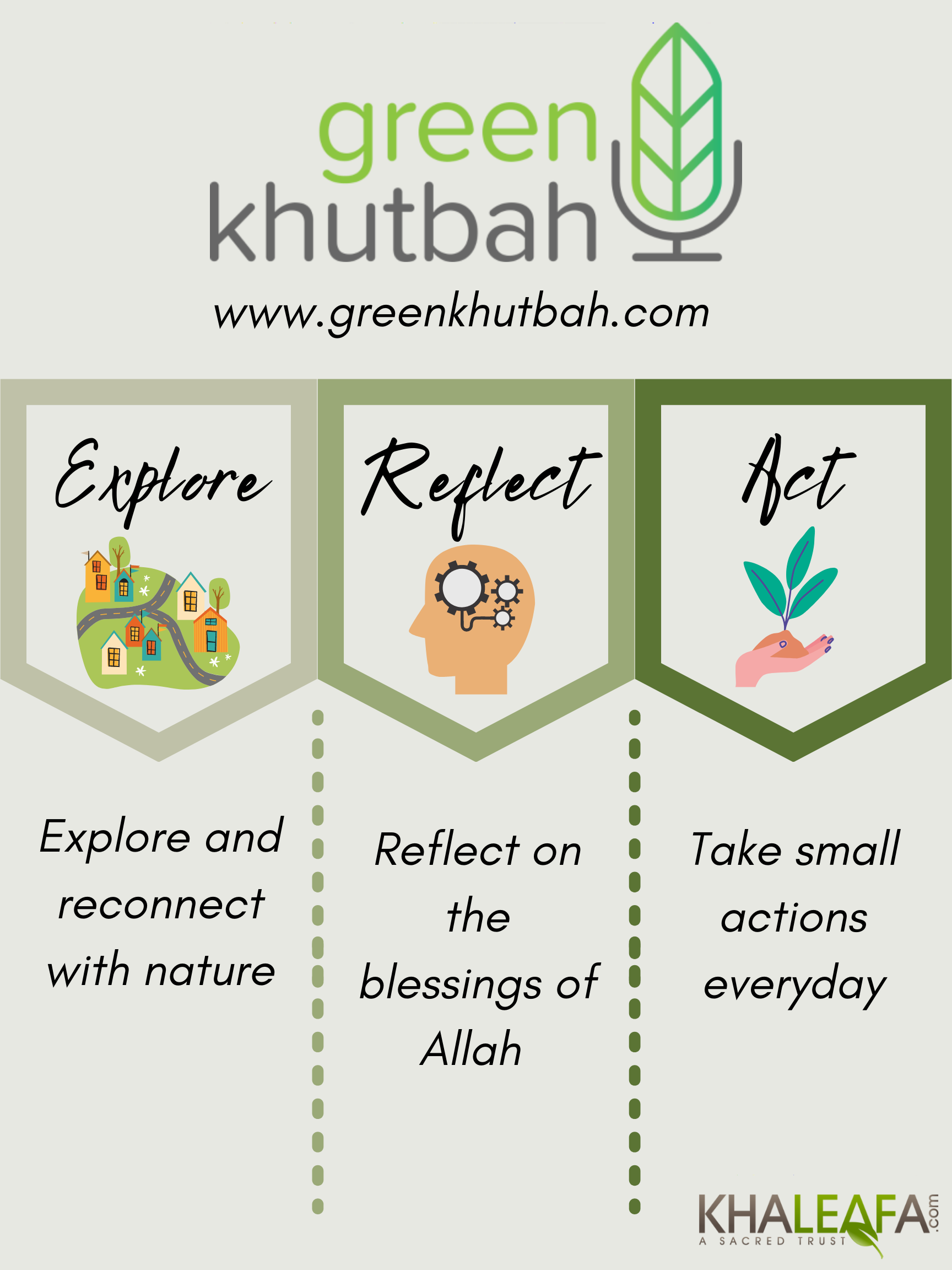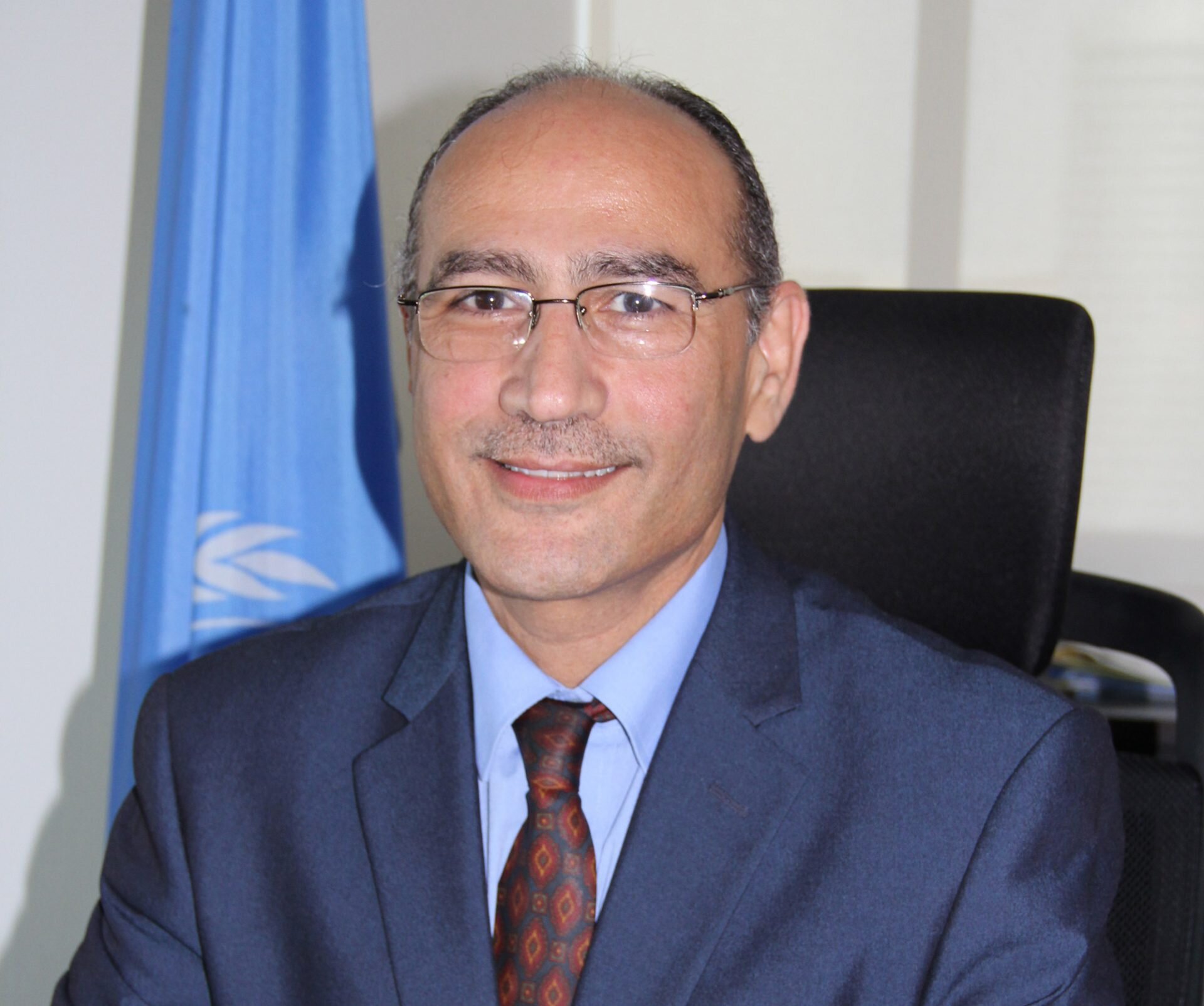In October, Islamic schools implemented a new curriculum to help Muslim high school students learn about environmental stewardship and advocacy. It’s a curriculum that could appear in schools across the country.
Green Ummah, a non-profit organization focused on creating a green movement in the Muslim community, developed and launched the Greening Our Communities Toolkit, with the help of teachers. The curriculum will teach youth about the climate-and-biodiversity crisis, environmental racism and justice, and Islamic perspectives on the environment.
“We need to start getting racialized, marginalized youth into spaces in nature. We need to be the ones to break down those barriers ourselves, for these kids,” says Aadil Nathani, co-founder of Green Ummah.
“They’re already engaged with what’s happening with the climate,” he adds. “They already have a little bit of climate anxiety, eco-anxiety, to go along with all of the other anxiety that they deal with. If we can get them right into nature with relevant programs, with a way for them to understand and find a care for nature or love for nature, that’s also going to help the climate movement in the future.”
A student at Gibraltar Leadership academy works on an activity that is part of the toolkit.
Gibraltar Leadership Academy (Scarborough), Safa and Marwa School (Mississauga), and Windsor Islamic High School (known as WIHS) are the first schools to implement the new curriculum, which is taught in the Geography and Islamic Studies classes. Teachers can use the toolkit for any grade at the high school level.
Rejaa Ali, a teacher at Gibraltar, says a lot of the information in the toolkit is refreshing. Shaymaa Zantout, who teaches at WIHS, says the content has been enriching her lessons. Both teachers expressed that students are making a lot of personal connections with the toolkit as compared to other classroom settings.
HOW STUDENTS AT GIBRALTAR ARE RESPONDING
“Everything we’ve talked about is curriculum based, but being able to connect with it from your own value systems, that’s a big deal, because that knowledge stays with you forever and you’re way more engaged,” says Ali.
The modules include topics on what it means to be green, and students get to analyze their own worldview and learn about other worldviews, going beyond the eurocentric view and encouraging students to learn different perspectives.
“Many of the students have never really been exposed to perspectives outside of a colonial perspective in terms of just knowledge. So they’re responding to the toolkit with a lot of interest,” Ali says.
A completed mind map activity done by a student at Gibraltar Leadership Academy, in the class taught by Ali.
“We’ve been studying Indigenous traditional knowledge and a lot of them were able to connect that to their own forms of traditional knowledge that’s been passed down in their own families, or even within Islamic heritage. Practices that are not typically perceived as science based, but have a lot of history involved in their right.”
Ali hopes that with the material they learn through the toolkit, students will be able to take action and implement what they’ve learned to make a positive change, for example, thinking about their own carbon footprint and how they can decrease it, as opposed to feeling guilt.
“There’s a lot of passion involved. The more knowledgeable you are of events that are happening in the world, then you come with a lot of energy.”
HOW THE TOOLKIT IS HELPING STUDENTS AT WIHS
“This really aligns well with what I’ve been wanting to do, which is incorporating more personal elements where they can actually connect with the material,” says Zantout.
Zantout says she believes faith is an important lens to see the world through, acknowledging that one should be mindful of their surroundings and how much emphasis is put on the environment.
“I love the opportunities where they can tie themselves to the most intrinsic level to the content, like your role as a Muslim. It’s not just a label you slap onto yourself — how are you actively playing a role within your identity to better the environment?”
Zantout says many students come in with a rigid view of what geography is and how it relates to them.
“Geography is really closely tied to many aspects of their life. There are so many perspectives that you need in order to understand geography,” she says, adding that she hopes students take away lessons of mindfulness about their role and their impact on the environment.
Green Ummah hopes to spread this toolkit to more schools, including non-Islamic ones, and will collect feedback after this first phase.
This piece was originally published on Nature Canada on November 19, 2021.























